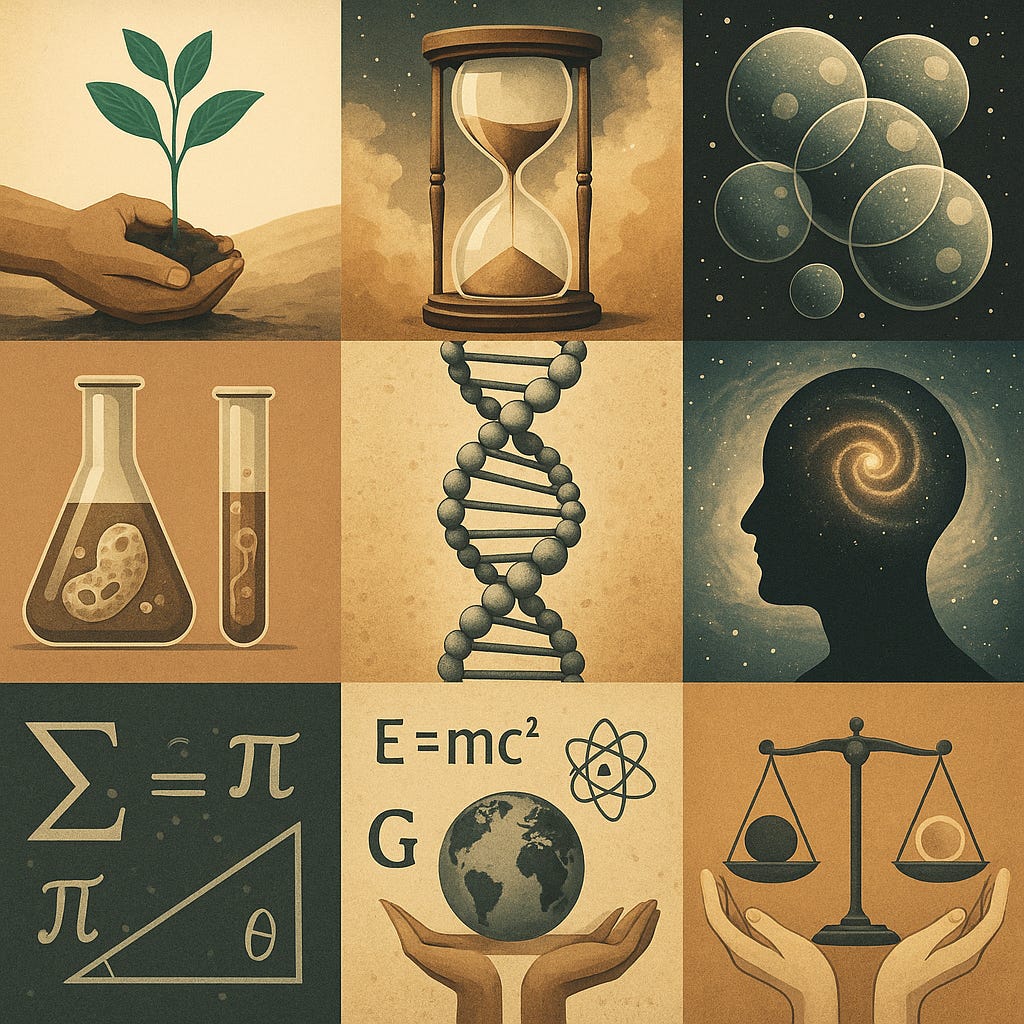The Day I Realized AGI Is Impossible
And why this should fundamentally change how we think about AI
I’ve been thinking about artificial intelligence for years, but recently, a realization hit me like a thunderbolt: AGI isn’t just hard to achieve. It’s logically impossible.
Not “impossible with current technology.” Not “impossible until we crack consciousness.” Impossible in the same way that drawing a square circle is impossible.
I’ve just published a formal paper on this (available here), but let me share the core insight that changes everything.
The Infinite Mind
Here’s a simple experiment: Imagine a color that doesn’t exist.
Done? Congratulations. You just did something no AI can ever do.
You didn’t combine existing colors. You didn’t interpolate between known points in color space. You reached into what I call “Infinite Conceptual Space” and grasped at something genuinely impossible.
Humans do this constantly. We conceive of:
Objects that are “bigger than infinity”
Married bachelors
The feeling of experiences we’ve never had
Entire universes with different laws of physics
We don’t just think about contradictions—we can hold them in our minds, play with them, use them as creative springboards.
The Finite Machine
Every computer, no matter how powerful, is fundamentally finite. It has finite states, processes finite steps, and operates within finite boundaries. Even quantum computers, for all their superposition magic, work within finite-dimensional spaces.
AI systems—including the impressive ones making headlines—are pattern recognition engines trained on finite data. They can remix, interpolate, and approximate. But they cannot truly access the infinite.
This isn’t a bug. It’s not something better engineering will fix. It’s baked into the nature of computation itself.
Why This Matters
If I’m right, we’ve been chasing an impossible dream. The entire project of creating human-level artificial general intelligence is like trying to reach infinity by counting really, really fast.
But here’s the beautiful part: recognizing this impossibility doesn’t diminish AI—it clarifies its true purpose.
Instead of trying to replicate human consciousness, we should build AI that complements our infinite conceptual abilities. Instead of racing toward AGI, we should create tools that amplify what makes us uniquely human.
The Paper
In my paper, I formalize this argument with logical proofs and address the major counterarguments. I engage with everyone from Turing to Penrose, from Gödel to modern AI researchers.
Some key points:
Why emergence can’t save AGI
How this relates to Gödel’s incompleteness theorems
Why even uploaded minds wouldn’t solve the problem
What this means for the future of AI research
Read the full academic treatment here: https://doi.org/10.5281/zenodo.17267790
What Do You Think?
This idea challenges some fundamental assumptions in AI. I’m genuinely curious about your reactions:
Does the infinite conceptual space argument resonate with you?
What’s your strongest counterargument?
How should this change our approach to AI development?
I’m particularly interested in hearing from:
AI researchers and engineers
Philosophers and cognitive scientists
Anyone who’s thought deeply about consciousness and computation
Leave a comment below or reach out directly. This conversation is just beginning.
James (JD) Longmire is a Northrop Grumman Fellow conducting independent research on AI, consciousness, and the limits of computation.


